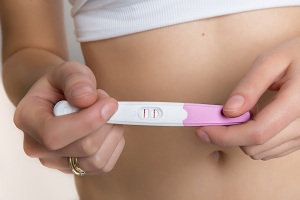Phase 3 of the nolasiban clinical trials is giving encouraging results. This is reported by the biopharmaceutical company ObsEva, which developed the drug for in vitro fertilization procedures. According to the researchers, the drug is effective and well tolerated by the body.
The trial involved 778 patients who were undergoing in vitro fertilization cycles. Half of them received 900 mg of nolasiban, the other half received a placebo. The assumption took place four hours before the embryo was transferred to the uterus. The assignment of the drug or placebo was completely random.
The first important step was ultrasound 10 weeks after implantation. Women who received the drug showed a 7.1% higher pregnancy rate than the other group. In fact, 35.6% of these were pregnant against 28.5% of the other group. This data is not only significant from a statistical point of view, but also from a clinical point of view.
According to the researchers, the discovery represents a major step forward for in vitro fertilization procedures. The practice, which they called IMPLANT2, could be a real revolution. Before the thing is confirmed, however, it will be necessary to wait for further data.
The company will release the rest of the data in 2019. The new report will include the number of live births and data concerning the health status of children. Only then, will it be possible to determine whether the procedure and the drug are safe for the woman and her offspring.
Source: fiercebiotech.com
















